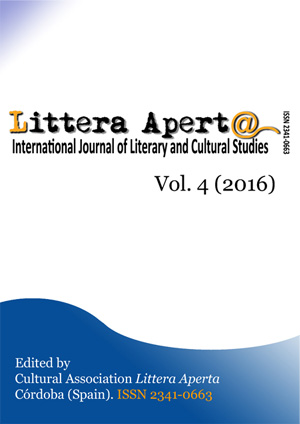A Feminist Study of Otherness in A Streetcar Named Desire and its Iranian Film Adaptation, The Stranger
Main Article Content
Abstract
Movie adaptations of dramatic works have always been very popular. Tennessee Williams’s A Streetcar Named Desire (1947) has been adapted several times and in different ways. Feminist and gender studies have examined the important role of Otherness in the construction of female identity. Using their findings, we compare the ways in which the theme of Otherness has been employed in representing female gender identity in Tennessee Williams’s A Streetcar Named Desire and in its Iranian film adaptation, The Stranger (Bigāneh) (2014). The results of the study show that while in both works the female characters' traditional female roles have been highlighted, in the Iranian movie the main female character economically enjoys a relatively higher independence and can have a voice of her own to act against the patriarchal traditions. Besides, whereas in the source text women’s identity is solely associated with their being the Other of men, women in The Stranger stand on a par with their male companions, if not higher than them. The study also reveals that a main reason for these differences originates in the sociopolitical, cultural and historical discrepancies between the contexts in which the film and the play were created.
Downloads
Download data is not yet available.
Article Details
Section
Articles
Authors who publish with Littera Aperta agree to the following terms:
- Authors retain copyright and grant the journal right of first publication with the work simultaneously licensed under a Creative Commons Attribution 4.0 International License that allows others to share the work with an acknowledgement of the work's authorship and initial publication in this journal.
- Authors are able to enter into separate, additional contractual arrangements for the non-exclusive distribution of the journal's published version of the work (e.g., post it to an institutional repository or publish it in a book), with an acknowledgement of its initial publication in this journal.
- Authors are permitted and encouraged to post their work online (e.g., in institutional repositories or on their website) prior to and during the submission process, as it can lead to productive exchanges, as well as earlier and greater citation of published work (see The Effect of Open Access).
